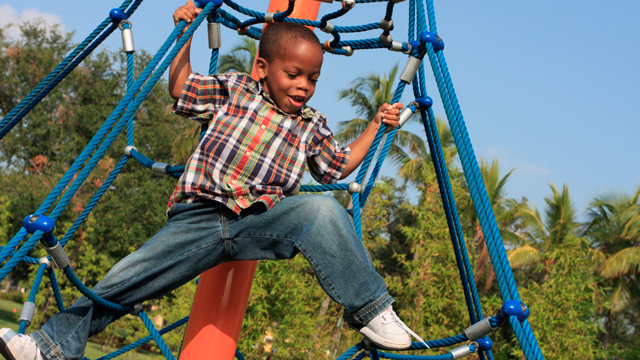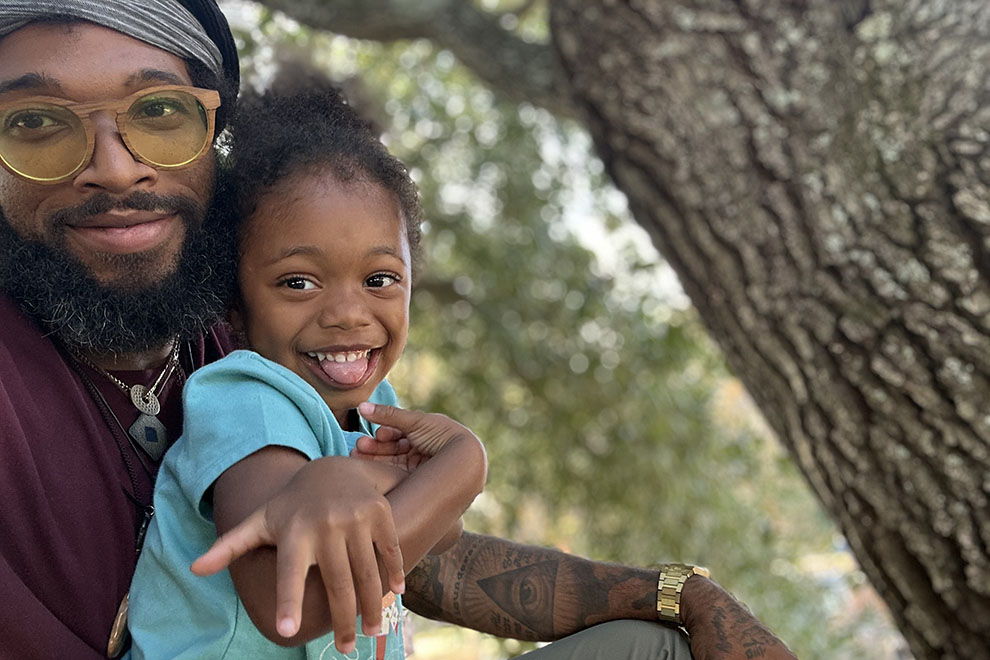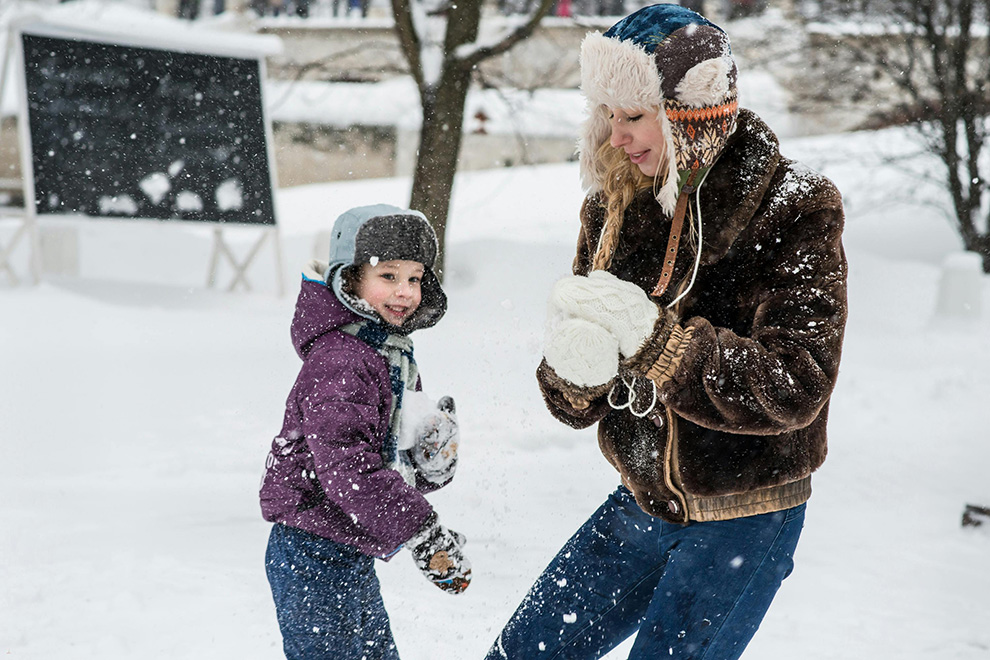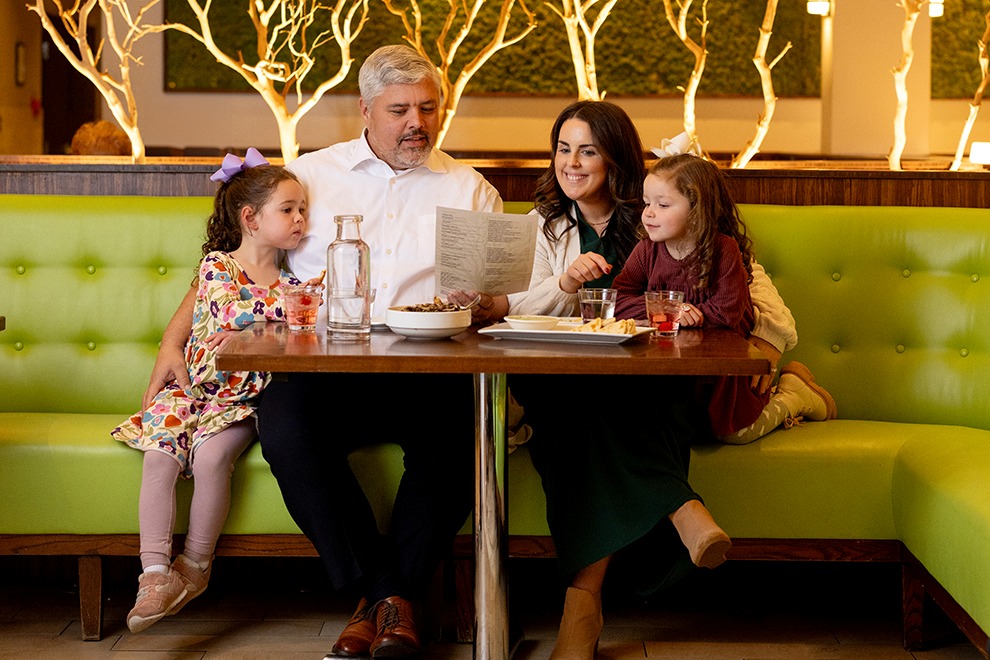As June days peel off, we all look forward to summertime when life can be more relaxing and enjoyable. For parents who are separated or divorced, making summer plans for kids can make or break whether everyone has a good summer.
Trust me, it’s not about trips or camps or other things Mom and Dad might spend money on to keep the kids happy. It’s about how co-parents communicate and work together to plan well for their kids. No child wants to be in the middle of a power struggle between her parents or made to feel like she is the cause of parental disagreements. Mature parents set aside their own differences and put their children first.
Of course, it is difficult to communicate with a person from whom you are separated or divorced and toward whom you may be feeling anger or frustration, but that’s not what child rearing is about. You have to be able to put aside your own feelings and focus on your child’s best interest. Tampering with visitation is not the way to seek revenge on the other parent. Parents must take care not to put adult relationship challenges above the child’s need for a good, close bond with both parents. If you will feel lonely when your child is not with you, make plans to do something enjoyable yourself that will help alleviate that loneliness.
Through years of practicing family law, I have developed tips for parents planning for their summer schedules:
1. Make it about your children, not about you. Granted, it’s not convenient that your oldest has to take geometry in summer school this year, but try to look at that situation from his vantage point, not yours.
2. Use common sense in planning. Think about the practicalities of your everyday lives – both parents’ work schedules, obligations, how far apart you live, your kids’ ages, and their interests, current activities, and preferences. Don’t make promises you can’t keep.
3. Don’t let it become a power struggle. Restructure your co-parent relationship to make it only about the kids, letting go of old resentments and finding new and better ways to communicate. Keep an eye out to recognize when your behavior is affecting your children’s adjustment and watch to be sure your children don’t start to manipulate you as parents when they see you unable to agree upon what is best for them. To enhance your children’s well-being and your own lives going forward, find ways to communicate and plan together constructively. There is nowhere that children learn more about character, kindness, and respect than when they see how their parents treat each other under difficult circumstances.
4. Be flexible, but try to keep things consistent for the children. While summer is often a time for more latitude and freedom, it’s important to remember that children also need consistency to thrive. Look for crossover areas for the sake of the children. For example, are sleep schedules similar at both households?
5. Mind your own parenting business. Don’t expect to dictate to the other parent how he or she should spend time with the kids or what should go on in that parent’s household. Kids are remarkably resilient about adapting to differences in parental styles and approaches to life if each parent refrains from trying to control the other parent or speaking badly about the other.
6. If you can’t do it on your own, get help. You can look to counselors, mediators, or lawyers to develop a good summer plan, avoiding litigation whenever possible. They will have experience with the many different kinds of plans that are possible and the various ways of going about making an appropriate agreement.
7. Start planning and talking as early as you can. Time flies, and yes, summer is already here! Next year, try to get an early start on planning for the summer months with your co-parent and your kids. Let the children know what the plans are so everyone can look forward to a great summer.
Your relationship with your children is so important, and how you interact with your co-parent is a big part of that relationship. One way to set yourself up for successful co-parenting is to practice good self-care. You need to make sure you are doing what you need to do – independently of your children – to build a good life that is separate from your parenting. Ultimately, you want to be a good parent, but also find ways to meet your own needs for physical and emotional health. Love your children, but give them space to grow and develop in their own special way as you make the best plans for yourself and for them – this summer and beyond.





